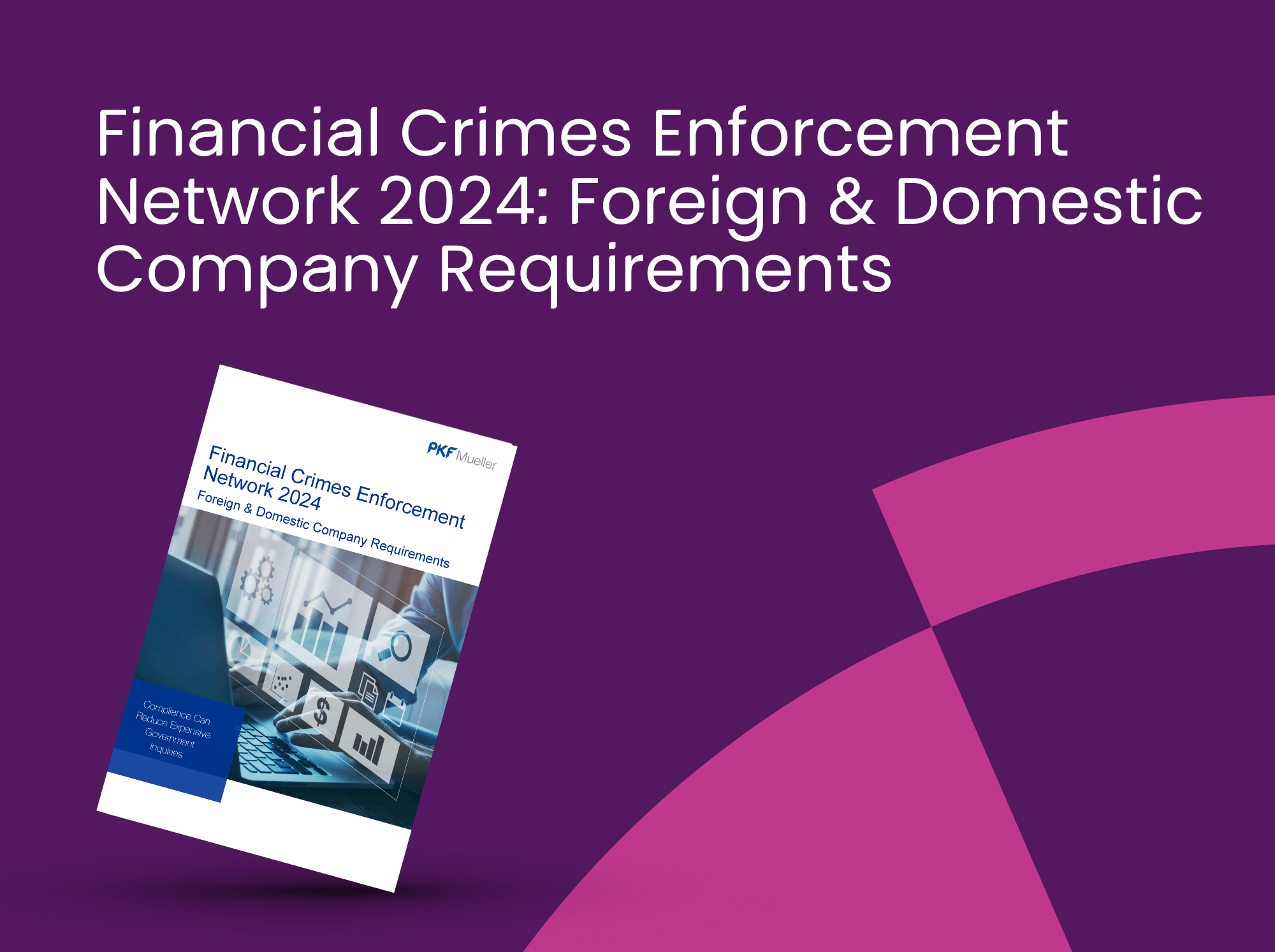The Internal Revenue Service (IRS) announced that U.S. distribution subsidiaries of foreign companies can expect special transfer pricing scrutiny during IRS audits.
Why Is This Campaign Important?
Recently, we have seen the IRS become more aggressive in employing a transfer pricing ‘roadmap’ audit strategy, and targeting inbound distributors is a logical next step in allocating auditor resources. The IRS clearly has a renewed emphasis on transfer pricing compliance issues.
How Will the IRS Audit Transfer Pricing of Inbound Distributors?
We anticipate that transfer pricing auditors will be targeting companies with relatively low profit margins over all open tax years.
The IRS has already started auditing inbound distributors in five states, and this activity is expected to grow to ten states shortly. They did not disclose where the audits are taking place. Auditors regularly review earnings before interest and tax (EBIT) as a percentage of net sales. U.S. subsidiaries incurring losses face the highest risk of audit scrutiny. The IRS can make transfer pricing adjustments to all years open to audit.
Based upon our recent interactions with IRS auditors, companies can expect to have an international specialist review the transfer pricing documentation. While a parent company’s transfer pricing reports can be helpful in an audit, taxpayers should be sure an analysis of the U.S. subsidiary’s recent pricing and profits is specifically addressed in a report.
Why are Inbound Distributors First in These Audit Campaigns?
For the IRS, foreign-owned distribution company audits are lucrative and generally the least complex transfer pricing cases. In our experience, most IRS auditors will argue that distributors, operating at arm’s-length, would not resell products while incurring losses or generating only minimal profits. In addition, a standard IRS position is that parent companies should incur losses from a downturn in the market, foreign exchange issues or other business factors.
We expect the IRS will use this initial campaign as a training ground for transfer pricing auditors.
What Can Happen if I Wait Until an Audit Starts?
The IRS is required to request transfer pricing documentation as part of every tax audit. While the IRS will demand the report with a 30-day deadline, they will ask if the report is “contemporaneous,” or prepared by the time the U.S. company’s tax return was filed. For example, an IRS agent will ask if a transfer pricing report for the 2015 calendar year was prepared by the tax return filing date. If a report is not contemporaneous, nondeductible penalties could be applied in the event of a large transfer pricing adjustment.
Companies can still prepare transfer pricing reports for submission within the 30-day deadline, and a good, but not contemporaneous, transfer pricing report reduces risk of a tax adjustment. However, we find that clients often have difficulty drafting a report under such a tight timeframe. Since the IRS expects that reports should already be available, we have seen little willingness to budge from the 30-day deadline.
What To Do Next?
Taxpayers of all sizes should review their transfer pricing arrangements in anticipation of an IRS audit. Companies with U.S. distribution subsidiaries can expect additional transfer pricing scrutiny as a part of every IRS tax audit. Depending on the risk profile of a company, transfer pricing documentation or other supporting economic analyses may be necessary to justify operating results and reduce the risk of additional tax assessments.



